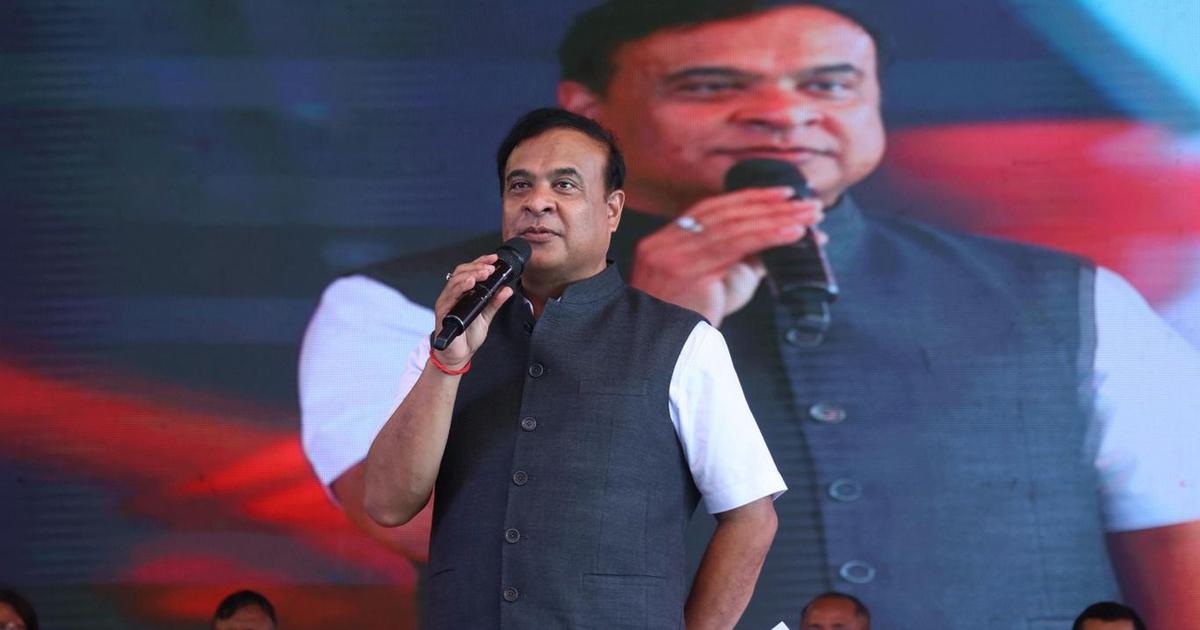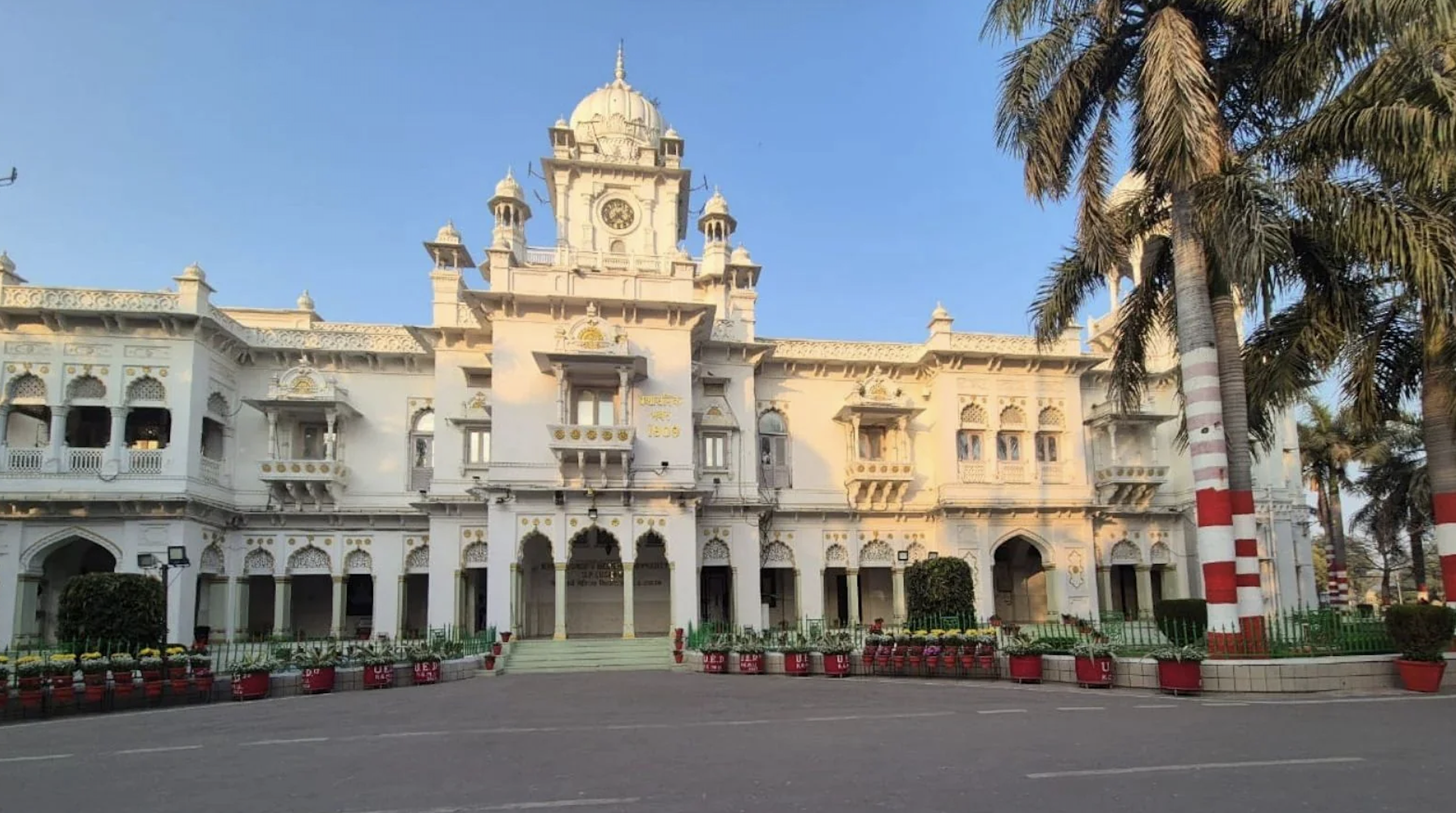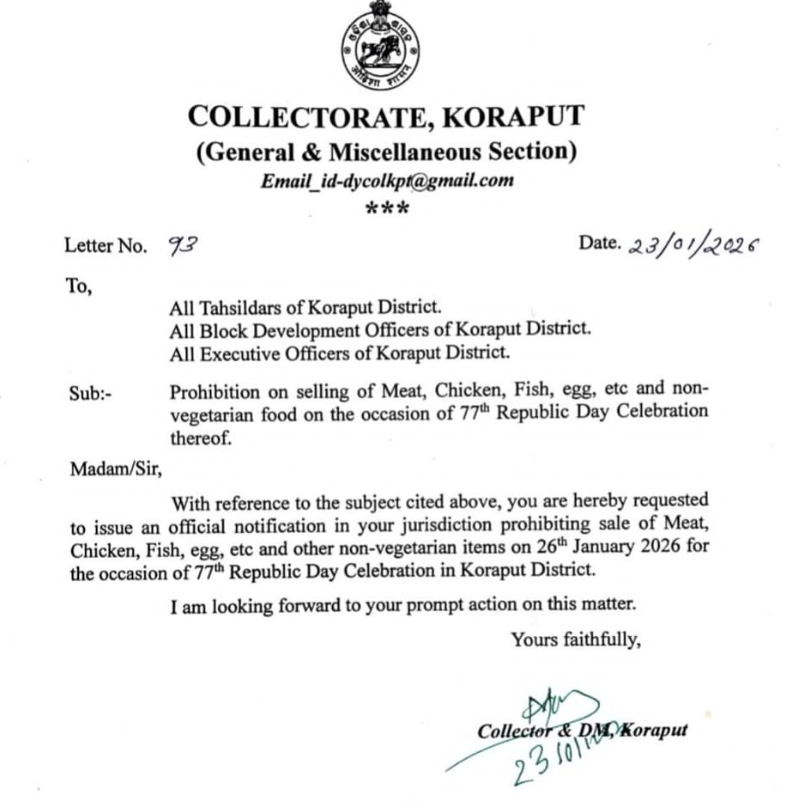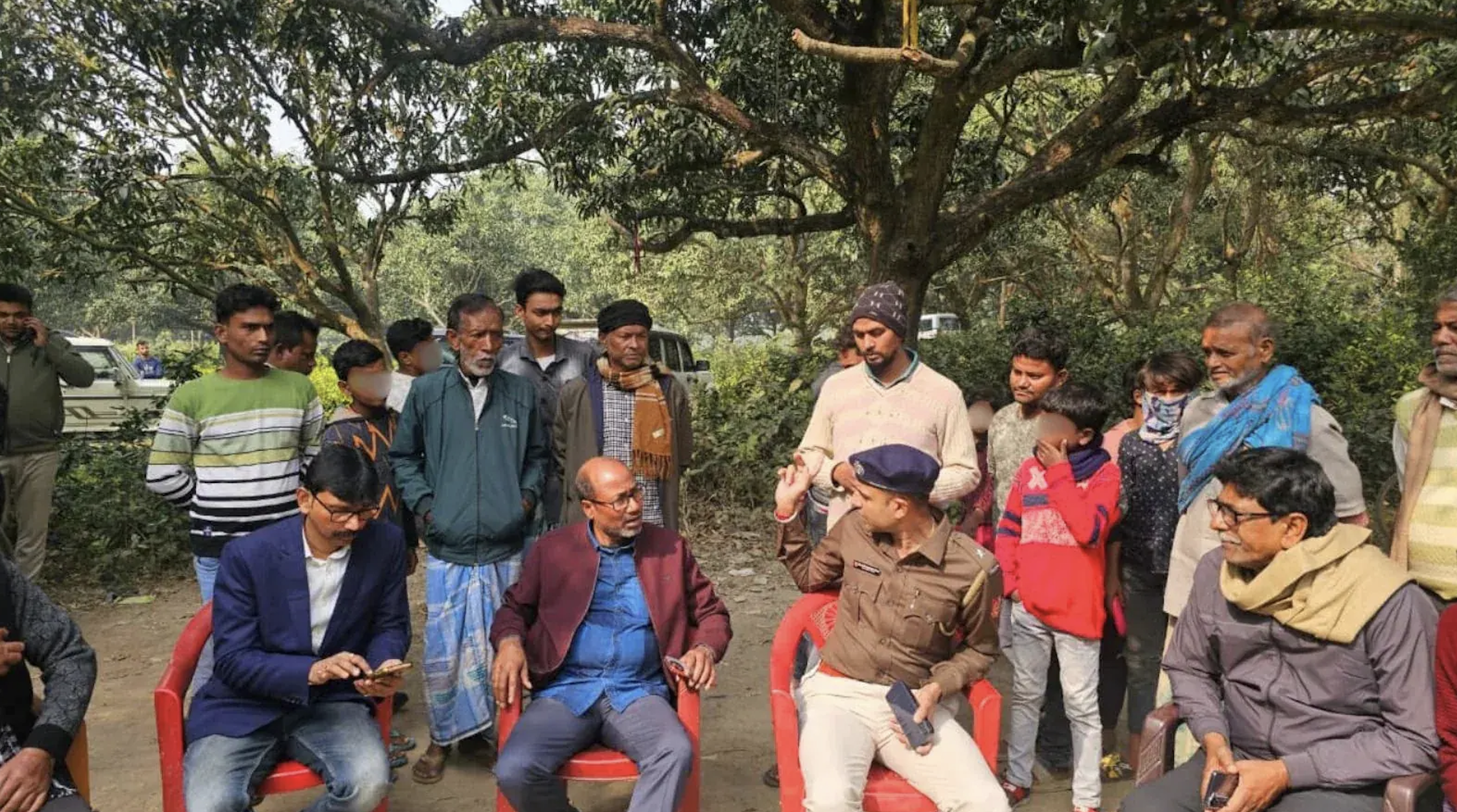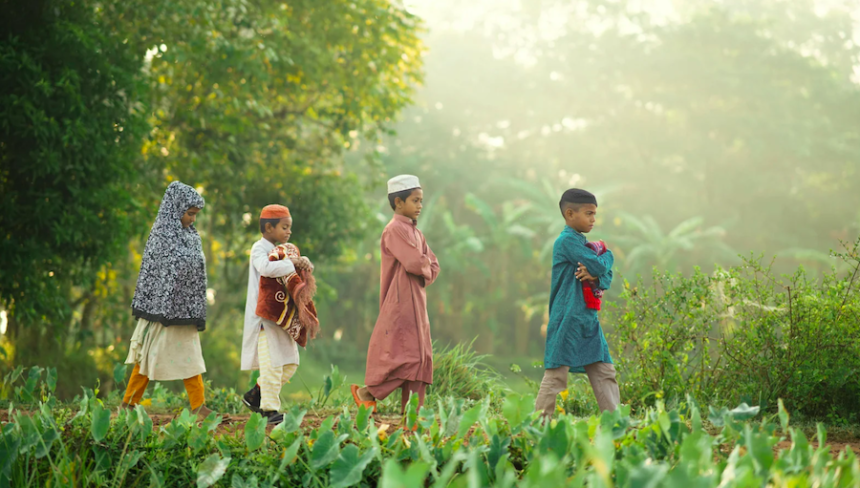
By Ghalib Shams
Since January 2025, authorities in the northern Indian state of Uttarakhand have sealed more than 200 madrassas as part of a state-led crackdown on unregistered religious schools. The government claims these institutions were operating “without registration” and in violation of guidelines set by the state’s Madrasa Board.
Chief Minister Pushkar Singh Dhami has also ordered an investigation into the funding sources of madrassas. He has publicly stated his belief that Muslims are engaged in what he refers to as ‘Madrasa Jihad’ and ‘Taalim Jihad’ in Uttarakhand.
The campaign has sparked concern among minority communities, legal experts, civil society groups, and members of the judiciary, raising questions about due process, religious freedom, and the broader intent behind the closures.
Haridwar-based social activist Taufiq Elahi Qasmi has criticized the ongoing campaign, alleging that it targets Muslim religious education and unfairly stigmatizes the community. “This campaign is being carried out to restrict the religious education of Muslims and defame the Muslim community,” he said.
Qasmi disputes the government’s characterization of madrassas as illegal, noting that most are built on privately owned or waqf land, and claims that no government property has been encroached upon.
In a detailed statement, he said, “This is the first government in the state to create religious divisions in an otherwise peaceful and harmonious region like Uttarakhand. Previous BJP governments were also in power here, but we did not witness this level of prejudice or acts that incite communal tension.”
According to him, the government did not issue any clear or specific notice before sealing the madrassas. He claims that only a general directive was circulated, advising that children enrolled in these institutions be admitted to government schools. He further describes the notice as largely symbolic and lacking in procedural detail.
Social activist Hafiz Shah Nazar stated that 214 madrassas have been sealed across Uttarakhand to date. According to him, efforts by the Jamiat Ulema-e-Hind, in collaboration with local religious scholars and activists, have led to the reopening of 30 of these institutions.
This figure, he said, is based on a review of records compiled by the Jamiat Ulema-e-Hind, Uttarakhand. However, media reports have so far consistently cited a lower number, stating that around 180 madrassas have been sealed.
This story was originally published in beyondheadlines.in. Read the full story here.


